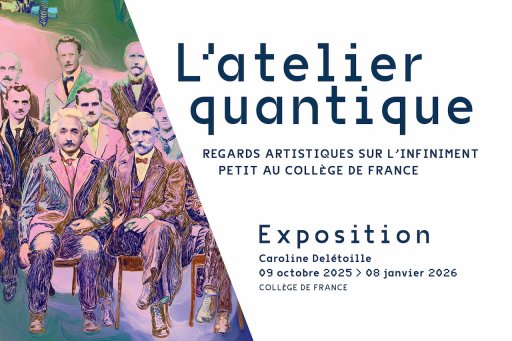The ceremony took place on April 10, 2013 as part of the annual general meeting of the European Geosciences Union, which brought together more than 11,000 scientists in Vienna. Other French researchers had already received the Wegener Medal, including climatologist Gérard Mégie, as well as two Collège de France professors, Barbara Romanowicz and Xavier Le Pichon. Édouard Bard's citation was delivered by André Berger, Professor Emeritus and Senior Researcher at the Catholic University of Leuven, Honorary Member and former President of the European Geophysical Society and the European Geosciences Union. An extract from his speech is reproduced below:
"Edouard Bard played a pioneering role in the use of gas pedal mass spectrometry, which enables radiocarbon to be measured directly on very small samples. This technique, new in the 1980s, enabled him to quantify the penetration of thermonuclear radiocarbon into the ocean, making it possible to monitor and understand the natural sequestration of anthropogenic carbon dioxide. Another scientific field in which Édouard Bard has distinguished himself is the study of sea level. By applying mass spectrometry to the measurement of uranium and thorium isotopes in coral, he has finely reconstructed variations in sea level over the last few glacial cycles. His studies of corals from the islands of Barbados and Tahiti are being used to model current and past geophysical response to eustatic changes. One of the main results is also the discovery of abrupt variations in sea level at rates that can exceed a few meters per century, i.e. much faster than the rise predicted for the coming century. Édouard Bard and his colleagues at CEREGE in Aix-en-Provence have convinced the IODP (Integrated Ocean Drilling Program) to carry out new drilling off Tahiti, and have recently been able to complete initial studies based on cores taken from the current reef."
---
Article published in La Lettre du Collège de France n° 37, December 2013










